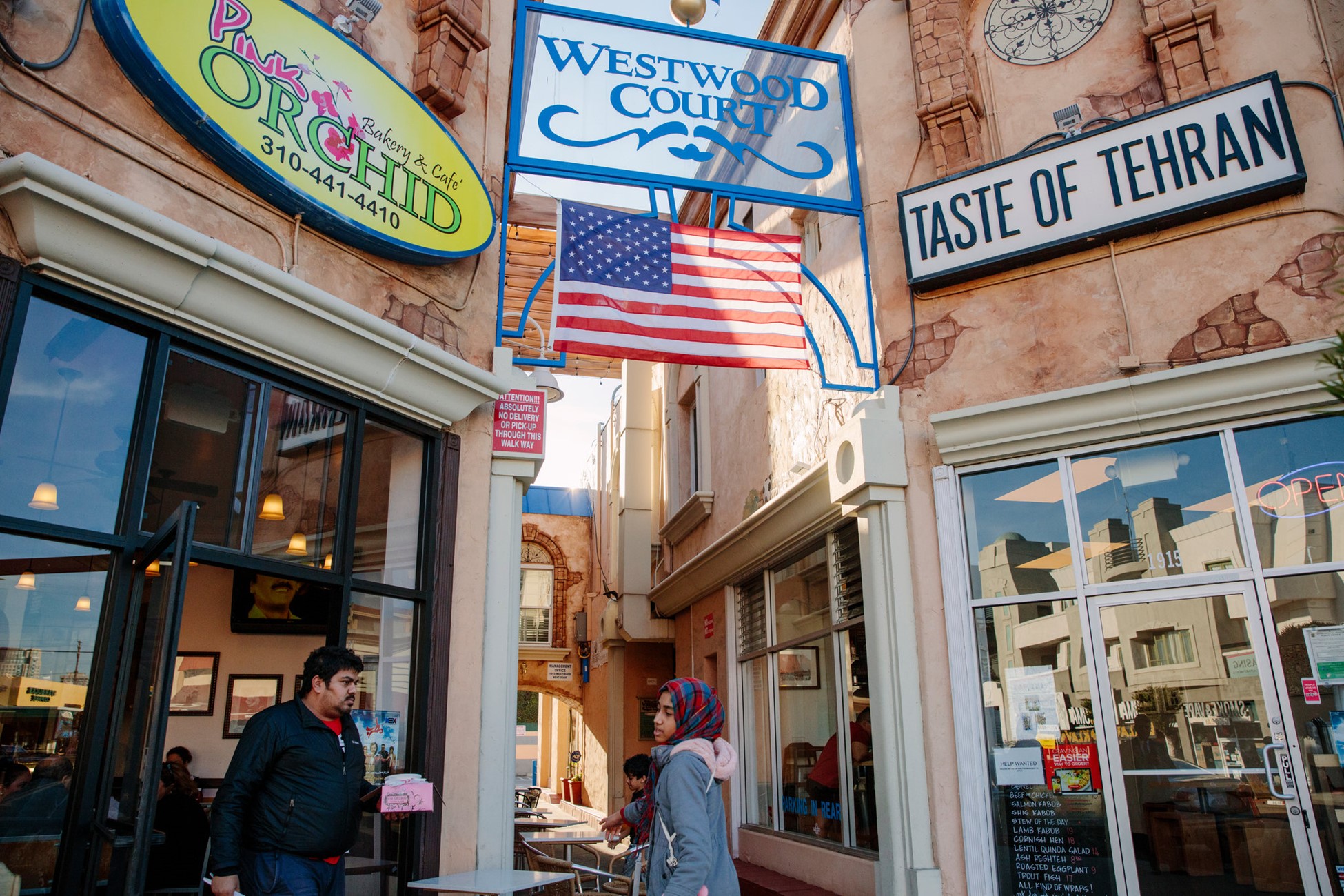【《We Chinese in America》Media Editor Tang Zhao, October 10, 2022】In the late 1940s, Iranian students began coming to the U.S. to seek higher education, particularly engineering degrees. By around 1977, as Iran’s oil economy was booming, Iranians accounted for approximately one in 10 international students in the United States, more than from any other country, said Jeanne Batalova, a senior policy analyst with the Migration Policy Institute.
|
At that time, a small Iranian community had formed in Los Angeles, made up of students as well as people who had been religious minorities in Iran, including Jews, Armenian Christians and Baha’is. Southern California had long been a haven for religious minorities, and U.C.L.A. research suggests that a large share of Iranians who came to Los Angeles County in the early to mid-1970s were religious minorities, Harris told me. |
|
Then, in 1979, the Iranian revolution erupted. Many Iranian students who were in the U.S. stayed here, and some of their families followed them as a wave of people escaped the country. Immigrants were drawn to places where other Iranians were already living, including Los Angeles.
|
|
The result was that Los Angeles became a magnet for Iranians, even through later immigration surges in the 1990s and 2000s. |
|
Malek, who grew up in Atlanta, recalled that when she first arrived at U.C.L.A. to do her Ph.D. she heard a woman on campus speaking Persian. The language was so rare everywhere else Malek had lived in the U.S. that she was used to introducing herself to whomever was speaking it. |
She turned around to look at the woman talking. “She looked me up and down, and was like, ‘Mind your own business,’” Malek said, laughing. “It was just so normal for them. That’s really pretty unique to L.A.”
This website has a free subscription function, please enter your email address and name (any nickname) in the upper right corner of the page. After subscribing, you can receive timely updates of the website. I hope that new and old readers will actively subscribe, so that we have the opportunity to provide you with better services
(Source: Los Angeles Times)
Please click: Home (wechineseus.com) for more news and content on this website
Follow The Chinese Media's Twitter account: https://twitter.com/wechineseinus
Follow The Chinese Media's Facebook account: https://www.facebook.com/wechineseinamerica/
